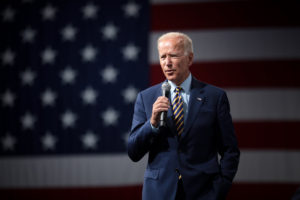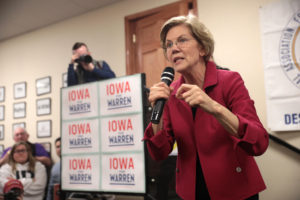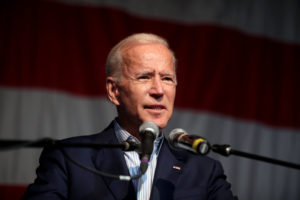Bloomberg Decides What the Poor Can Drink
To combat obesity, New York City's “miniscule megalomaniacal martinet” mayor (in the words of one New York Post commenter) has proposed a citywide ban on the sale of sodas over 16 ounces almost everywhere sugary drinks are sold. Guess who's going to be affected.
To combat obesity, New York City’s “miniscule megalomaniacal martinet” mayor (in the words of one New York Post commenter) has proposed a citywide ban on the sale of sodas over 16 ounces almost everywhere sugary drinks are sold. Guess who’s going to be affected.
Poor New Yorkers, that’s who. Not the rich. They seem to always find a way around government prohibitions on questionable pleasures.
If accepted, the rule could be adopted as soon as next March. It would not apply to diet sodas, fruit juices, dairy drinks or alcohol, and would not affect beverages sold in grocery or convenience stores. –ARK
Your support is crucial...Jen Doll at The Atlantic Wire:
… There’s an even darker side to bans. They have a socio-economic impact, by which I mean, some people are more affected by bans than others. Bans widen the divide between the rich, who can find a way around them, and the poor, who perhaps cannot. And while Bloomberg’s tactics are obviously part of what people dub a “nanny state” ideology, in which he’s telling us what to do, he’s telling some people what to do more than others. Rich people, among whom one is billionaire Bloomberg himself, are not going to be impacted by a soda ban the same way poor New Yorkers are—if the wealthy prefer huge bottles of soda, they’ll have no trouble continuing to find them. And the problem that Bloomberg’s trying to “fix”—obesity—is, according to the stats and research, a “poor” problem, not a rich one. This makes Bloomberg’s move seem ever the more paternalistic. A class of people whom he’s judged unable to make the proper decision for themselves is now being told what to do, by someone who knows better. As he himself said, via the Post:
“All across the country, everybody recognizes obesity as a growing, serious problem,” the mayor said in an interview. “But everybody’s just sitting around wringing their hands, not doing anything about it . . . I think it’s fair to say that while everyone else is sitting around complaining, New York City is acting.”
… But none of these bans really serve to get to the point, anyway. If we’re to talk of equity, we should also ask why healthy, particularly organic, fresh food costs more than packaged, processed food, why lean turkey or chicken is priced higher than the bad, fatty cuts, or why in some cases the cost of milk is greater than the cost of soda. It seems that a better way to promote health to all would by making it easier for everyone to get healthy, good food—not by “outlawing” the bad stuff, or soda, which beverage industry folks say isn’t the cause of the problem in the first place, citing reports that say sugared drink consumption has decreased while our obesity issues keep increasing.
As we navigate an uncertain 2025, with a new administration questioning press freedoms, the risks are clear: our ability to report freely is under threat.
Your tax-deductible donation enables us to dig deeper, delivering fearless investigative reporting and analysis that exposes the reality beneath the headlines — without compromise.
Now is the time to take action. Stand with our courageous journalists. Donate today to protect a free press, uphold democracy and uncover the stories that need to be told.






You need to be a supporter to comment.
There are currently no responses to this article.
Be the first to respond.